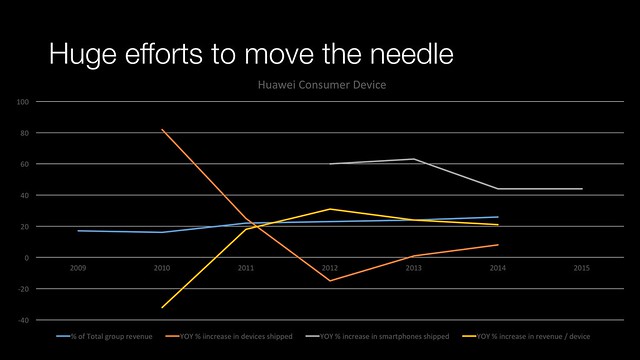The new way police are surveilling you: Calculating your threat score – The Washington Post – similar to China’s social credit score, the threat score sounds like a concept perilously close to ‘pre-crime’ in Minority Report. Also how will the threat score handle accusations of systemic racism or infringement of civil or constitutional rights?
Moleskine 开出了第一家咖啡店,在日内瓦机场 | 理想生活实验室 – interesting brand collaboration in Germany with restaurateur Caviar House & Prunier
El Chapo, journalists and readers – Scripting News – pre-approval of copy happens at the celeb level whether it is Madonna or an ‘in the public eye’ CEO, or ’embeds’
Apple News App Is Off to a Rocky Start – WSJ – problems with traffic measurement
Schibsted wants to circumvent the mobile adblocking apocalypse by making better, more effective ads » Nieman Journalism Lab – interesting online advertising research
SoundCloud reportedly raises €32 million in debt funding – Tech.eu – interesting that its debt funding, did they originally go for VC funding and increased valuation?
Yahoo’s Brain Drain Shows a Loss of Faith Inside the Company – The New York Times – 30 per cent attrition rate. When I worked there the attrition rate was high, this is combination of changing business needs and media / tech industry rotating doors in many roles
2016 emerging food trends | Global Food Forums ™ – interesting set of insights
Inside the tiny house revolution | Yahoo! – Katie Couric on downsizing
Creating a marketing organisation for the Digital Age – HBR & Marketo – marketing automation getting Harvard Business Review onside with a substantial sponsorship deal no doubt
UK defense industry slams snooper’s charter – It also states that the bill’s provisions “unduly interfere with the rights to privacy, freedom of opinion and expression.” The coalition also argues that Britain’s implementation of the bill will have far-reaching implications for the rest of the world as other countries seek to emulate the UK’s policies. – Reminds me of the overreach on the Digital Economy Bill, if that is anything to go by HMG will ignore feedback
VR porn lends a hand. Masturbation will never be the same – CNET – so if you want to know if VR is likely to take off when the media world gets the content right, adult entertainment company Naughty America might be a good bellwether
Behind the Numbers: Saudi Aramco Valuation – The Numbers – WSJ – the interesting thing is why do the Saudi’s want to sell now and what about the tension between domestic energy demand and the more profitable export sales? Once the red herring comes out details on the reserves and production facilities should be clearer
Why Diesel is about to start advertising on Pornhub | Dazed – “I was always frustrated by those things that we all think but we’re not allowed to say,” admits artistic director Nicola Formichetti of what inspired this “transparency” – something which is continued in both in the brand’s SS16 campaign (exclusively released above) and a new strategy that involves ads on Tinder, Grindr, Pornhub and YouPorn. “What we see in advertisements is just selling fake dreams, fake things, this impossible beauty. I think we have to be honest. Yeah, this is an ad, we’re selling shoes. But it’s in an interesting way, and people smile.”
Artificial intelligence: Can Watson save IBM? – FT.com – Part of the problem lies in digesting real-world information: reading and understanding reams of doctors’ notes that are hard for a computer to ingest and organise. But there is also a deeper epistemological problem. “On Jeopardy! there’s a right answer to the question,” says Ms Chin but, in the medical world, there are often just well-informed opinions – interesting delve into the limits of expert systems (paywall) – via Azeem’s great newsletter Exponential View
Hoverboard inventor says he has made no money – mostly because of cheap Chinese knock-offs | South China Morning Post – Still, it grates with Chen that big supermarkets and department stores facilitate the counterfeiters by dealing in knockoffs. “It is very discouraging. The patent system is not working if something is popular. With something like Hovertrax, the patent is almost useless.” – Maybe IP authorities should look at Wal-Mart and co rather than the factories?
UK Foreign Affairs committe considers probe on Sino-British ties: concerns about erosion of Hong Kong’s Basic Law | South China Morning Post – this could be just the thing required to knock the economic relationship on his head and give Cameron’s enemies the upper hand destabilising him further on his European stance
The Internet of Things That Talk About You Behind Your Back | Motherboard – great article by Bruce Schneier
Why The Fashion World Hates Wearables | Fast Co-Design – not practical, not subtle and butt ugly



